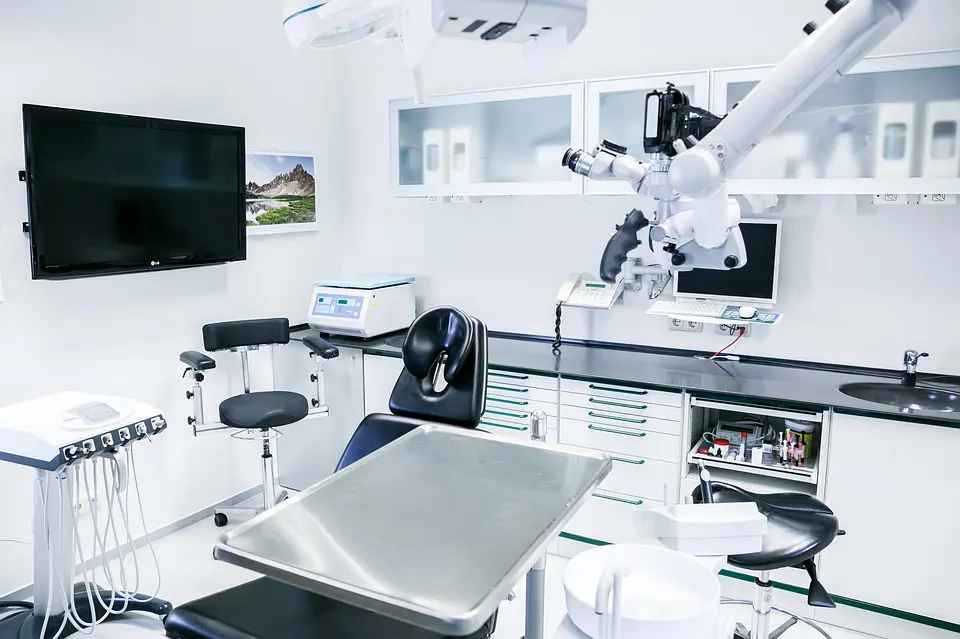Researchers are engaged in finding ways for teeth to repair themselves using their own stem cells. The aim is to eliminate the need for conventional dental fillings. The study is still in the laboratory stages, but it is examining the potential of a drug to stimulate teeth to repair their own decay.

(Pixabay / Fotonerd)
Teeth have a very limited ability to heal themselves through the activation of their own stem cells, but natural repair could be enhanced by the use of the drug Tideglusib. It is hoped that this medication will enable the body to mobilize its resources to restore the vitality and structure of a tooth that has been lost to decay.
When the procedure is perfected, it will usher in an era of regenerative dentistry, where new dental treatments will draw upon an understanding of both the biology and physiology of the tooth. The developments are centering on stem cell approaches that will trigger a tooth’s living pulp to fill in the voids created through dental disease. Though fillings have worked for many years for treating cavities, there are some drawbacks including pain and sensitivity around the area of the fillings. In addition, fillings tend to atrophy over time and require replacements.
The studies are still in the early stages, so it might be a while before patients actually see any changes in standard dental procedures. In the meantime, you should continue to visit your dentist for regular cleanings and check-ups. Though you may not be able to detect problems developing in your mouth, the trained eye of a dentist can help spot cavities, gum disease and even the nascent stages of oral cancer. They can take immediate steps to ward off any major dental problems down the line.
You should also continue to practice good oral hygiene. There’s no arguing that it’s far better to prevent cavities than to cure them—no matter how technologically advanced the cure is.
